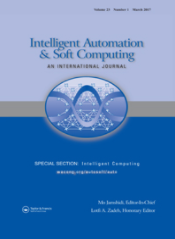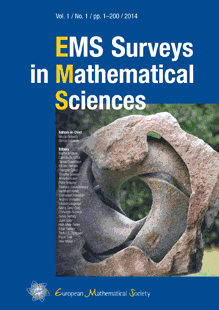 Both editors of a math journal have resigned over the decision to publish a controversial paper, which was apparently made without consulting the editorial board.
Both editors of a math journal have resigned over the decision to publish a controversial paper, which was apparently made without consulting the editorial board.
Last week, the editorial board of EMS Surveys in Mathematical Sciences issued a statement about the paper, saying its acceptance was “a serious mistake.” According to the statement, the two editors-in-chief of the journal—Nicola Bellomo, a professor at Polytechnic University of Turin in Italy, and Simon Salamon, a professor at King’s College London—have “assumed responsibility for these mistakes” and resigned from their position.
However, a spokesperson for the journal told us the paper is not likely to be retracted.
Continue reading Editors-in-chief of math journal resign over controversial paper

 A biologist is crying foul at a journal’s decision to correct (and not retract) a paper he claims plagiarized his work — and one of his colleagues has resigned from the journal’s editorial board as a result.
A biologist is crying foul at a journal’s decision to correct (and not retract) a paper he claims plagiarized his work — and one of his colleagues has resigned from the journal’s editorial board as a result.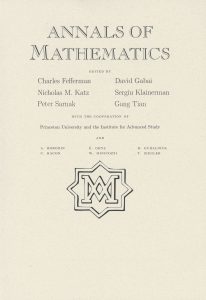
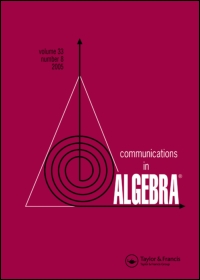
 A Rutgers computer scientist is retracting conference proceedings via an unusual channel: his personal blog.
A Rutgers computer scientist is retracting conference proceedings via an unusual channel: his personal blog.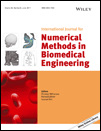 After issuing a retraction notice May 30 for a biomedical engineering paper, the journal has
After issuing a retraction notice May 30 for a biomedical engineering paper, the journal has 
